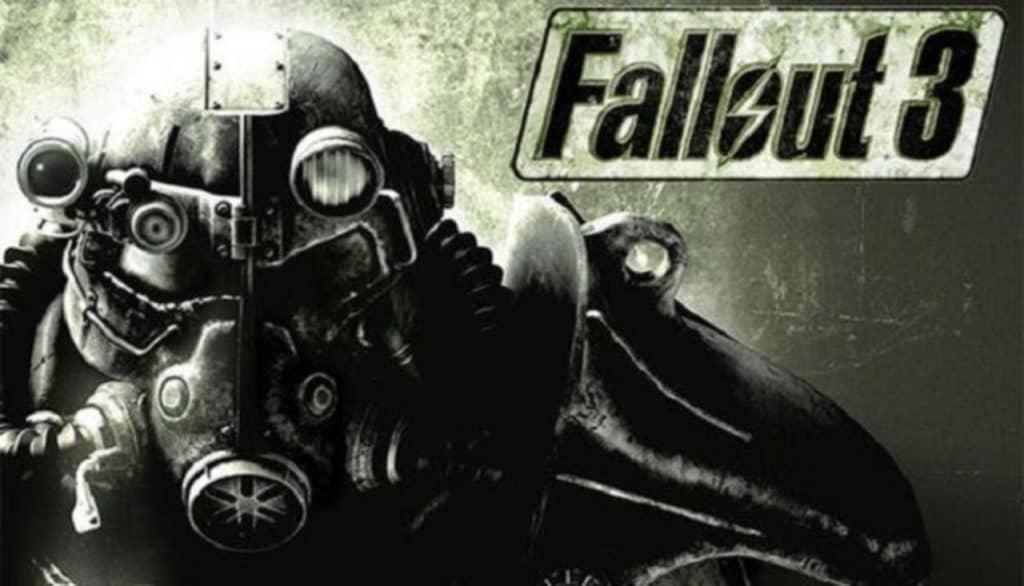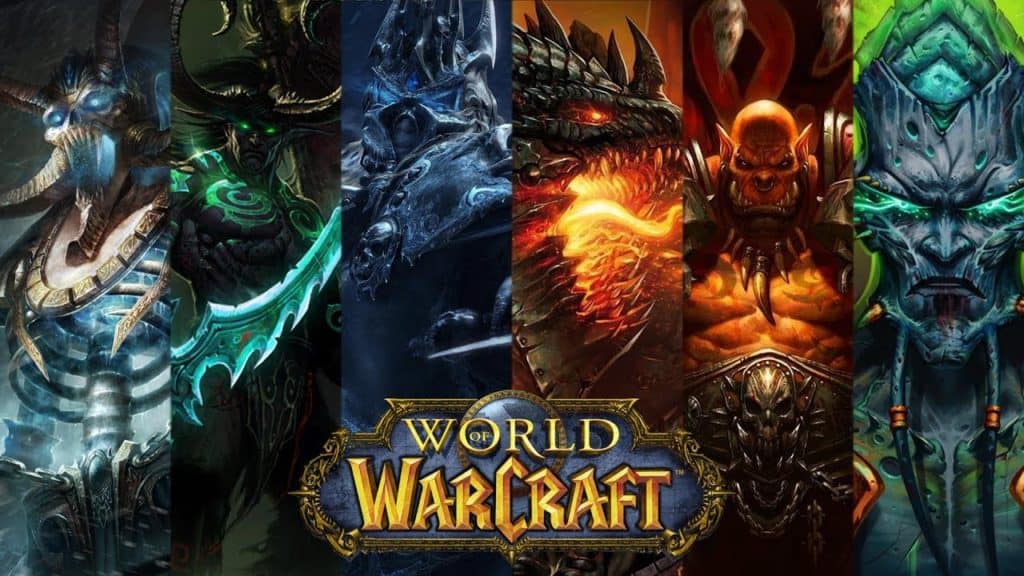For better or worse, video games are an experimental medium by nature. A part of that critical experimentation is developers branching out established franchises into new territories by completely shifting the genres of specific IPs. Some publishers, like Capcom, do so incrementally like changing their Resident Evil franchise from third-person to first-person. However, many developers took much bolder leaps of faith. Some of those risks paid off while others did not. This list is dedicated to those game series that successfully dipped their toes into new waters.
5. Gears of war

Metacritic Score: 82
At Xbox’s 2018 E3 showcase, the lights dimmed and the iconic Gears of War icon was presented on the auditorium screen. As a chainsaw revved and a concrete wall crumbled, the audience was greeted with… a funko pop? While the short-lived mobile game Gears Pop did garner some love, The Coalition‘s Rod Ferguson did not walk on stage to demo that specific software, rather Gears Tactics was the centerpiece for the presentation.
Following the turn-based tactical mechanics popularized by XCOM and other “tactics” games, Gears Tactics was a radical departure from the over-the-shoulder cover shooter pattern that had come to define the Gears series. The game was sure to keep the trademarked dark-and-gritty aesthetic, and was not lacking for blood and guts either.
More forgiving than XCOM, this iteration of the game series brought AAA-level production to a genre that is severely underrepresented on consoles. Additionally, the developers’ integration of gamepad controls into a primarily PC-centered genre is impressive. Technical feats aside, Gears Tactics provides players with a variety of combat encounters that are a blast to chainsaw through with its cast of diverse, but sometimes forgettable characters.
4. Dynasty Warriors

Metacritic Score: 75
While the hay-day of Musou hack-and-slash games may be over, none held dominance in the 2000s like the progenitor of the genre, Dynasty Warriors. Its massive battles and expansive rosters pushed the capabilities of the Playstation 2 further with each of its many iterations. However, Dynasty Warriors‘ roots are found in another popular genre.
As a developer, Koei (now Koei-Tecmo) was first known for its strategy games. So it came as a surprise when they unveiled their first venture into the 3D-Fighter realm in 1997 with Dynasty Warriors. Met with positive reception, this would only be a brief stint in the genre. Just as quickly as the series was born, it found its true impact three years later with Dynasty Warriors 2 releasing on the PS2 in 2000.
Coming on the scene as a North American launch title for the PS2, Dynasty Warriors 2 blazed a trail for the “hack-and-slash” genre. While it was a dramatic shift from the 1-on-1 fighting formula of its predecessor, the game not only established a cult following, but defined the “Musou” sub-genre that has seen games published in partnerships with such licensed juggernauts like One Piece, Mobile Suit Gundam, and even The Legend of Zelda.
3. Fallout

Metacritic Score: 93 (Xbox 360)
Born out of developing studio Interplay’s loss of rights to create the Wasteland series, Fallout was originally an isometric RPG focused on player choice and consequences, set against an apocalyptic 50’s styled world. Though a child born by necessity, Fallout became a PC-gaming juggernaut. The freedom and immersive dialogue that is interwoven at the core of Fallout’s game design created a series that was sure to establish itself as a game that was synonymous with isometric CRPG’s, and if Interplay had anything to say about it, that would have surely been the fate of the series.
After Fallout 2 released in the original design’s footsteps a year later, Interplay was met with an unfortunate fate: bankruptcy. To recover losses, it was decided to sell off the license to the Fallout series. Enter: Todd Howard and Bethesda Softworks. With a price tag of nearly $1.2 million, Zenimax (Bethesda’s publishing arm) acquired the rights to develop the Fallout series in 2004. Hot from the success of The Elder Scrolls IV: Oblivion, Todd Howard and the rest of the development team at Bethesda set off to work for three years.
While retrospective looks into gaming forums and even more contemporary testimonies from fans can provide evidence that Fallout 3‘s transition from isometric-RPG to a more action-focused first-person shooter was not received well by many traditional fans, Bethesda’s first iteration of the franchise was more than a success. The studio was seemingly able to stay true to the game’s roots of meaningful choices and RPG character design, while successfully integrating first-person shooting mechanics that continue to improve during Bethesda’s time as a developer.
2. Metroid

Metacritic Score: 97
Probably the most prime example of a franchise transitioning genre’s successfully, Nintendo’s swing at a first-person-shooter set in the Metroid universe was almost universally hailed as a home-run. Metroid’s success as a 2D action-adventure was a well-established fact by the mid-1990s, which was why the announcement of a first-person Metroid game in 2001 caught many people off-guard. With fewer entries in the series than Nintendo’s other flagship game series like Mario and Zelda, the gaming community held its breath for the next adventure in Samus’ boots.
Nintendo did not approach this undertaking lightly. They entrusted this project to Retro Studios, who had experienced developers on staff with portfolios that included work on successful projects, such as the Half-Life and Turok series. Though layoffs and retooled games troubled the studio during the development, in 2002 Metroid Prime was released to hungry audiences.
Immediately, Metroid Prime was lauded with success. Praise from every corner of games media poured down on Nintendo and Retro Studios’ exploration and puzzle-focused entry into the franchise. Perfect review scores, game of the year awards, and two follow-up games were the result of Nintendo’s uncharacteristic leap-of-faith. With another entry being officially announced down the pipe, Metroid fans will hopefully be in for a similar experience to Metroid Prime’s original release two decades later.
1. Warcraft

Metacritic Score: 93
As far as genre-defining, franchise-altering, impact-making games go, there has to be absolutely no competition when Blizzard’s magnum opus, World of Warcraft, is considered. In the early 1990s, real-time-strategy games were barely in their infancy, and Blizzard Entertainment was pumping out racing games & DC Comics licensed software. The brain trust over at Blizzard identified an opportunity to capitalize on a budding game genre that was best exemplified at the time by Westwood Studio’s Dune II. This resulted in the creation of the Warcraft series that spawned three directed RTS titles.
Warcraft’s impact was a megaton explosion on the PC-gaming world. Competing with Command & Conquer, the two franchises ushered in an RTS boom that did not begin to fade away for another decade. This also began Blizzard’s absolute dominance of the market that saw the creation of their Starcraft series. The studio seemed to be on top of the PC gaming world, but they refused to let off that gas.
On the same stage that Warcraft III was announced three years prior, Blizzard revealed their MMORPG World of Warcraft in 2001. Clocking over 5 million subscribers only a year after launch in 2005, WoW was established as not only an online gaming craze, but a certified global phenomenon peaking with 12 million different players six years after launch. Blizzard’s first attempt at crafting an MMO from a world built for an RTS led to millions of gamers entrenching themselves for hours on end in the mythical realm of Azeroth. The game’s legacy is cemented in video game and entertainment history as one of the largest successes of all time, and even resulted in a few marriages.
- Psychonauts 2 Review: Long Live the Platformer - August 31, 2021
- War For Relevance: Is Marvel’s Avengers at Its Endgame? - August 18, 2021
- 5 Things We Need in the Rumored GTA Remasters - August 15, 2021
